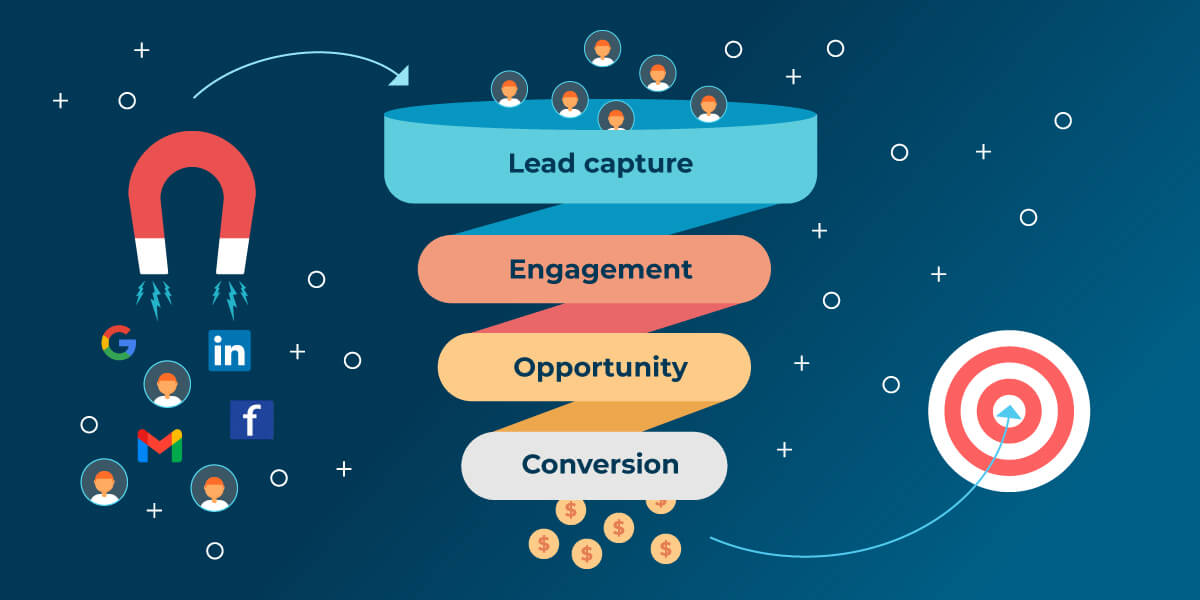The Future of Health Insurance After AI & Big Data

Advancements in AI and big data have revolutionized the health insurance industry, leading to improved efficiency, accuracy, and personalized care for patients. These technologies have enabled insurers to better predict and prevent health issues, resulting in lower costs and better outcomes for individuals.
With the continued evolution of AI and big data, the future of health insurance holds even greater potential for innovation and improvement in providing quality healthcare coverage for all.
AI, Big Data, and Health Insurance: Where They Meet?
New technology like artificial intelligence and big data is changing how industries work, including healthcare. This also applies to health insurance. These advancements are bringing both problems and chances for improvement. This blog looks at how health insurance might change in the future because of AI and big data.
Using Data for Personalized Coverage
AI and big data are changing health insurance by allowing companies to create personalized plans for each person based on their unique health needs. Instead of offering the same coverage to everyone, insurers can now use advanced technology to analyze data and provide more accurate risk assessments. This individualized approach helps improve both efficiency and customer happiness.
Boosting Prevention and Early Detection
AI programs look at a lot of healthcare data to help insurance companies find out when people might get sick. This helps them prevent health problems early on, which saves money and helps people stay healthy. This helps not just individuals, but also makes the healthcare system better for everyone.
Revolutionizing Cancer Insurance
Cancer insurance is using new technologies like AI and big data to help better predict and price the risk of cancer. This allows insurers to offer more accurate coverage and treatment options. These tools can also help detect cancer earlier, so people can get treatment sooner. This means that cancer insurance is becoming more proactive in helping prevent and manage cancer.
Enhancing Personal Accident Insurance
In personal accident insurance, AI and big data help predict risks and manage claims better. Complicated algorithms look at different data to find patterns related to accidents. This helps insurance companies offer better coverage and manage risks more effectively. Real-time data analysis also helps insurers process claims faster and offer help to customers quickly after accidents, making them happier with their insurance experience.
Finding the Right Health Insurance Plans for You
In a crowded market, people look for help choosing the best health insurance plan for them. Comparison tools that use AI technology help analyze different plans and customer reviews, so individuals can make smart choices. Predictive analytics also help predict future healthcare needs based on personal information, making sure chosen plans match long-term health goals. By combining AI and big data, consumers can feel more confident and clear when choosing health insurance in a complicated market.
The Role of Leading Health Insurance Companies
In the changing world of technology like AI and big data, the best health insurance companies are standing out for using innovative technology to help their customers. These companies invest in AI and data analysis, allowing them to offer better products and services. By using AI and big data, these companies are setting new high standards in the health insurance industry.
Conclusion
In conclusion, the future of health insurance using AI and big data looks very promising for both insurers and policyholders. These technologies will improve personalized coverage, disease management, risk prediction, and claims processing. As cancer insurance, personal accident insurance, and other policies incorporate AI, consumers can expect more efficient and effective services. Leading health insurance companies will play a key role in shaping this evolving industry towards excellence and accessibility. In conclusion, the future of health insurance using AI and big data looks very promising for both insurers and policyholders.
FAQs
Why is having health insurance coverage important?
Having health insurance coverage ensures that individuals have access to medical care and can afford necessary treatments without facing financial hardships.
What are the benefits of having health insurance?
Health insurance provides financial protection against expensive medical bills, promotes preventive care, and improves overall health outcomes.
Can I still get treatment without health insurance?
Yes, individuals can still receive medical treatment without health insurance, but they may have to pay out-of-pocket for services, which can be costly.
How does health insurance coverage impact my financial well-being?
Health insurance coverage helps protect individuals from unexpected medical expenses and can prevent them from going into debt due to healthcare costs.
Is it worth it to invest in health insurance coverage?
Yes, investing in health insurance coverage is worth it as it offers peace of mind, access to quality healthcare, and protection against financial strain in case of illness or injury.
Visit Us: https://www.okbima.com/pet-insurance









